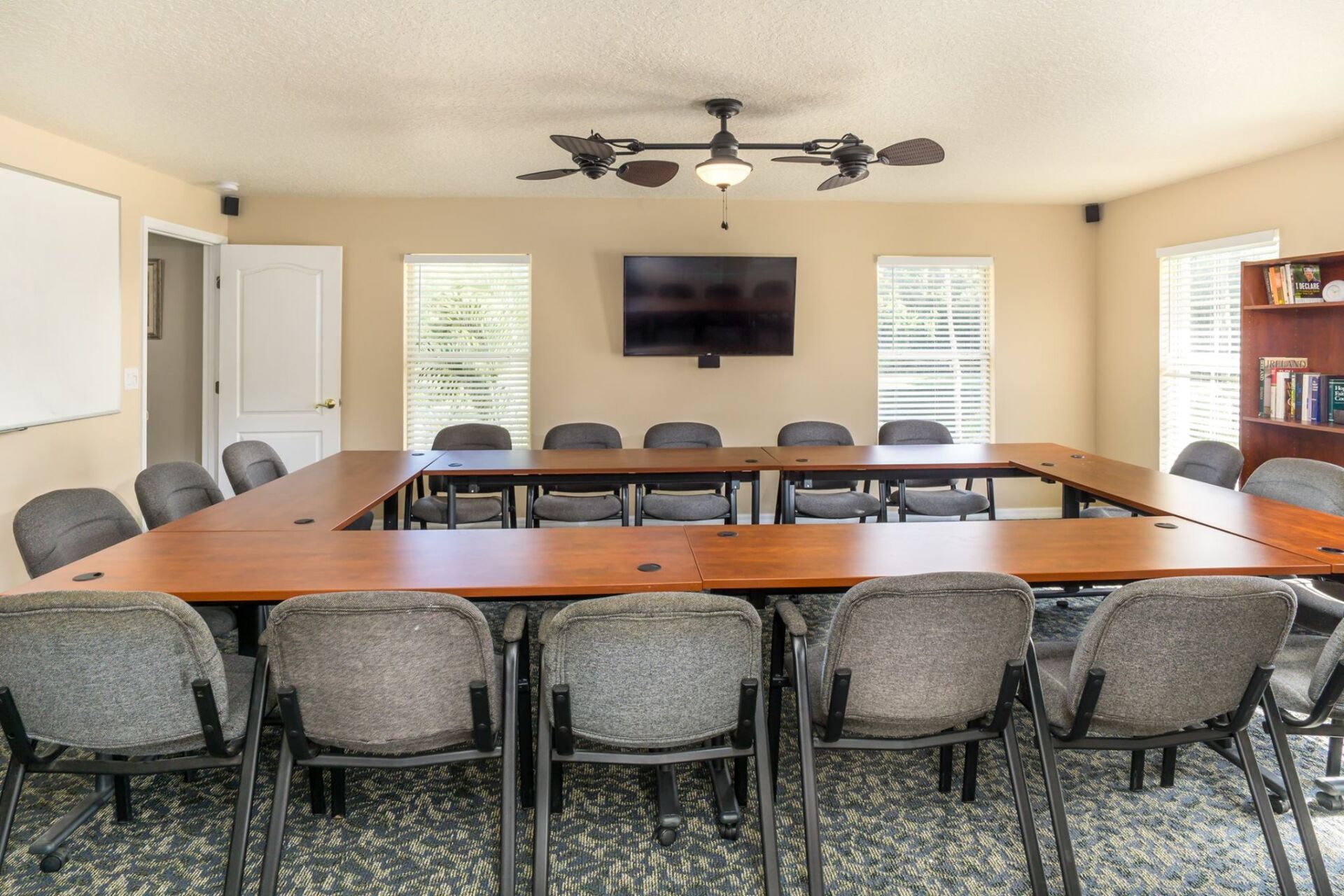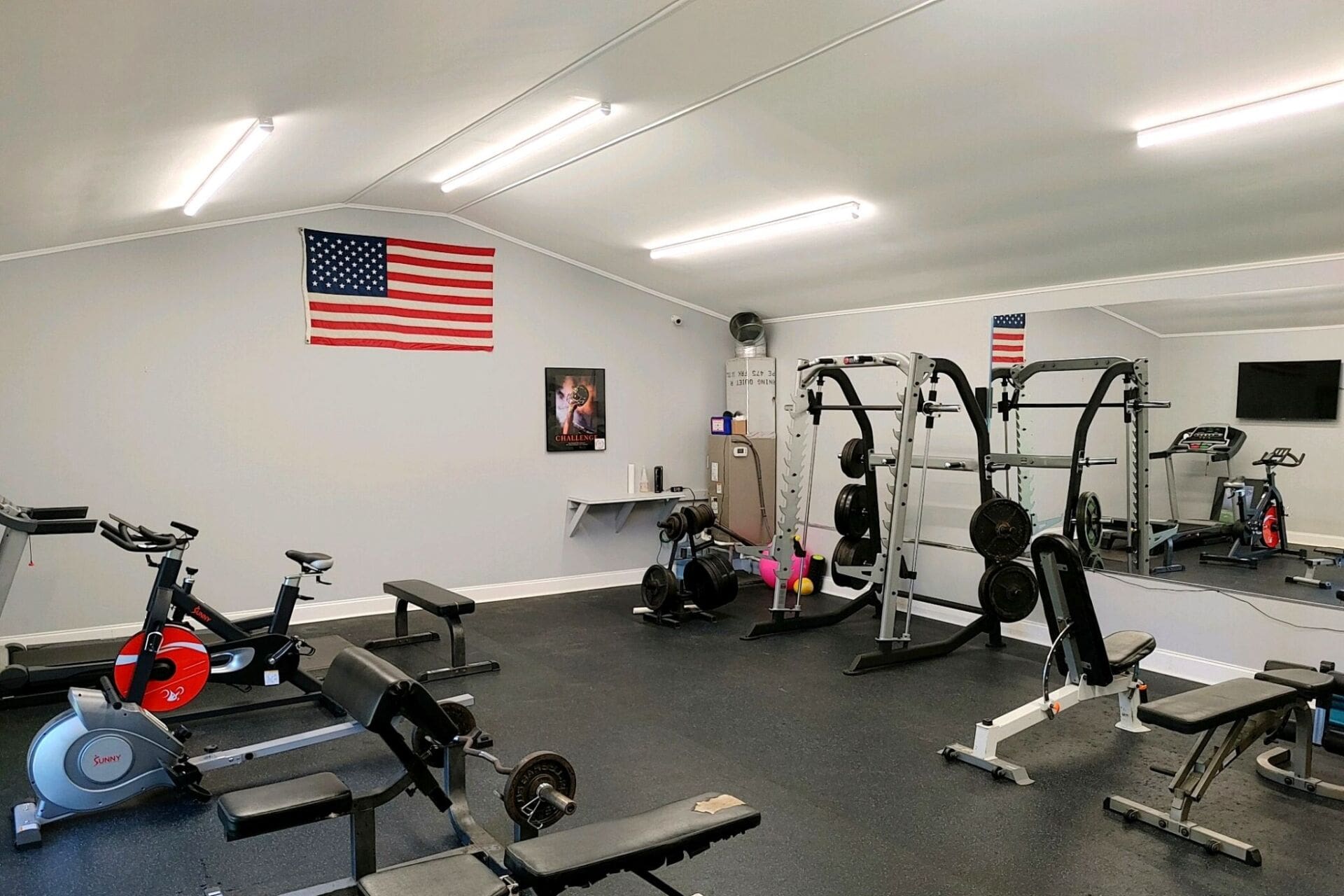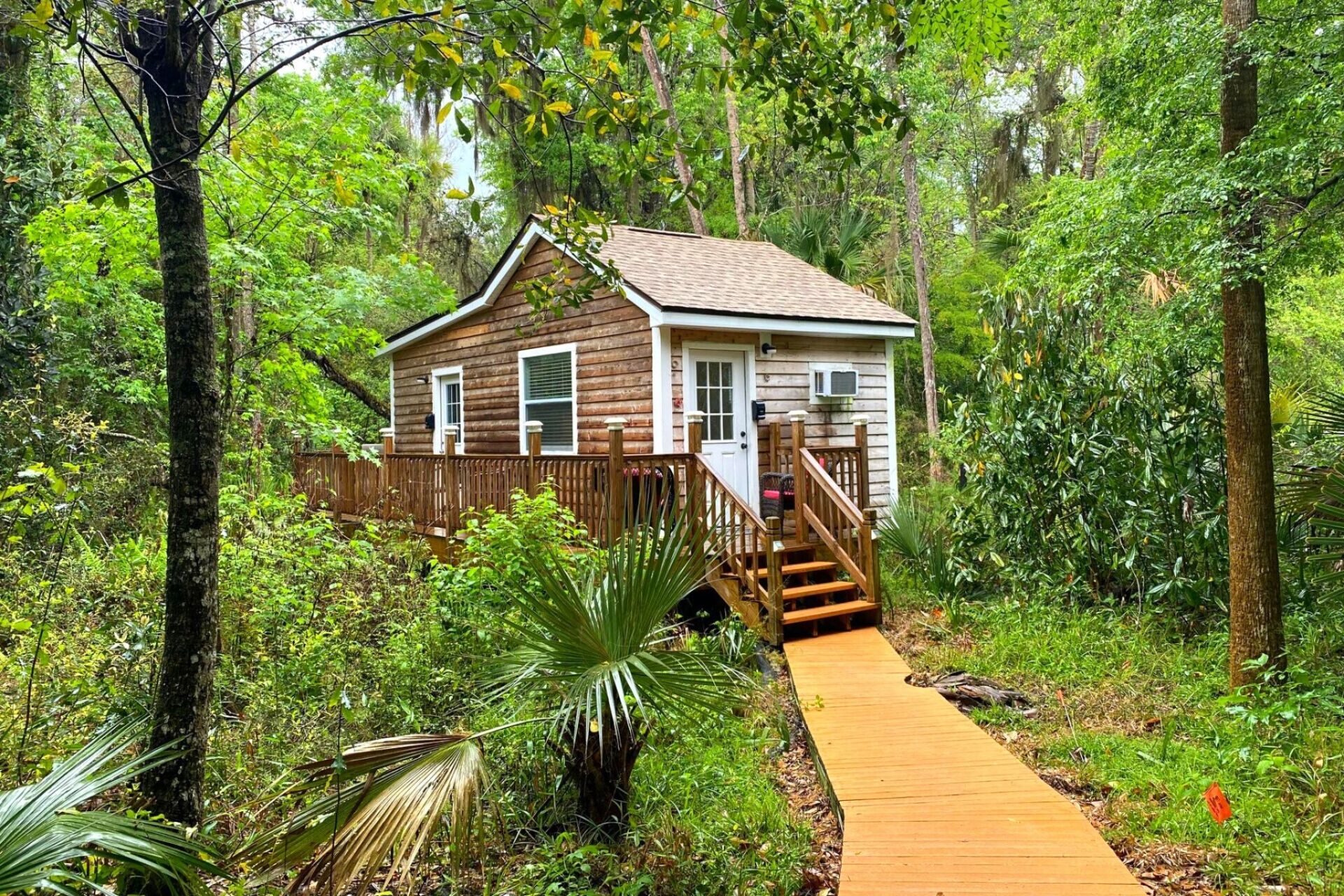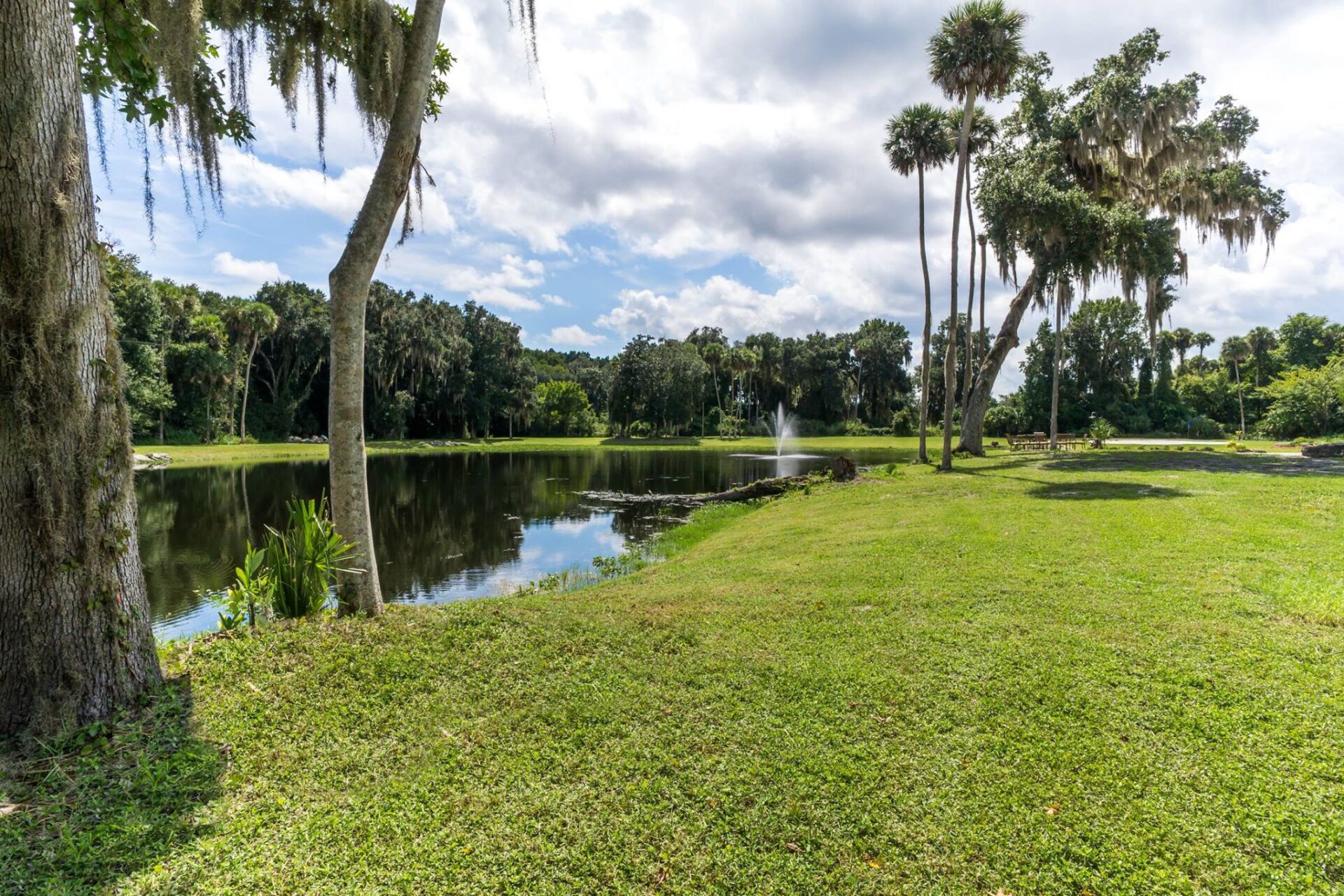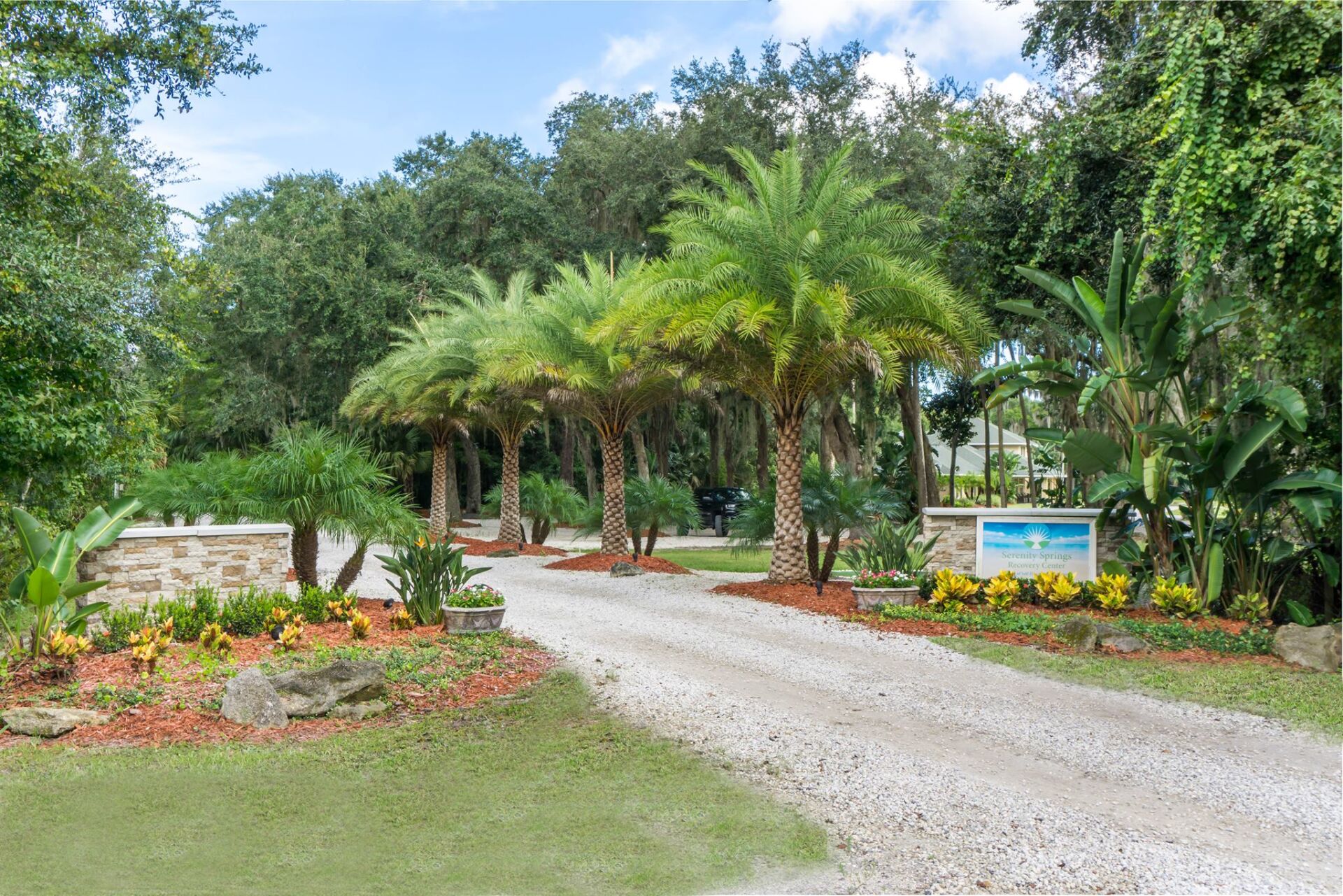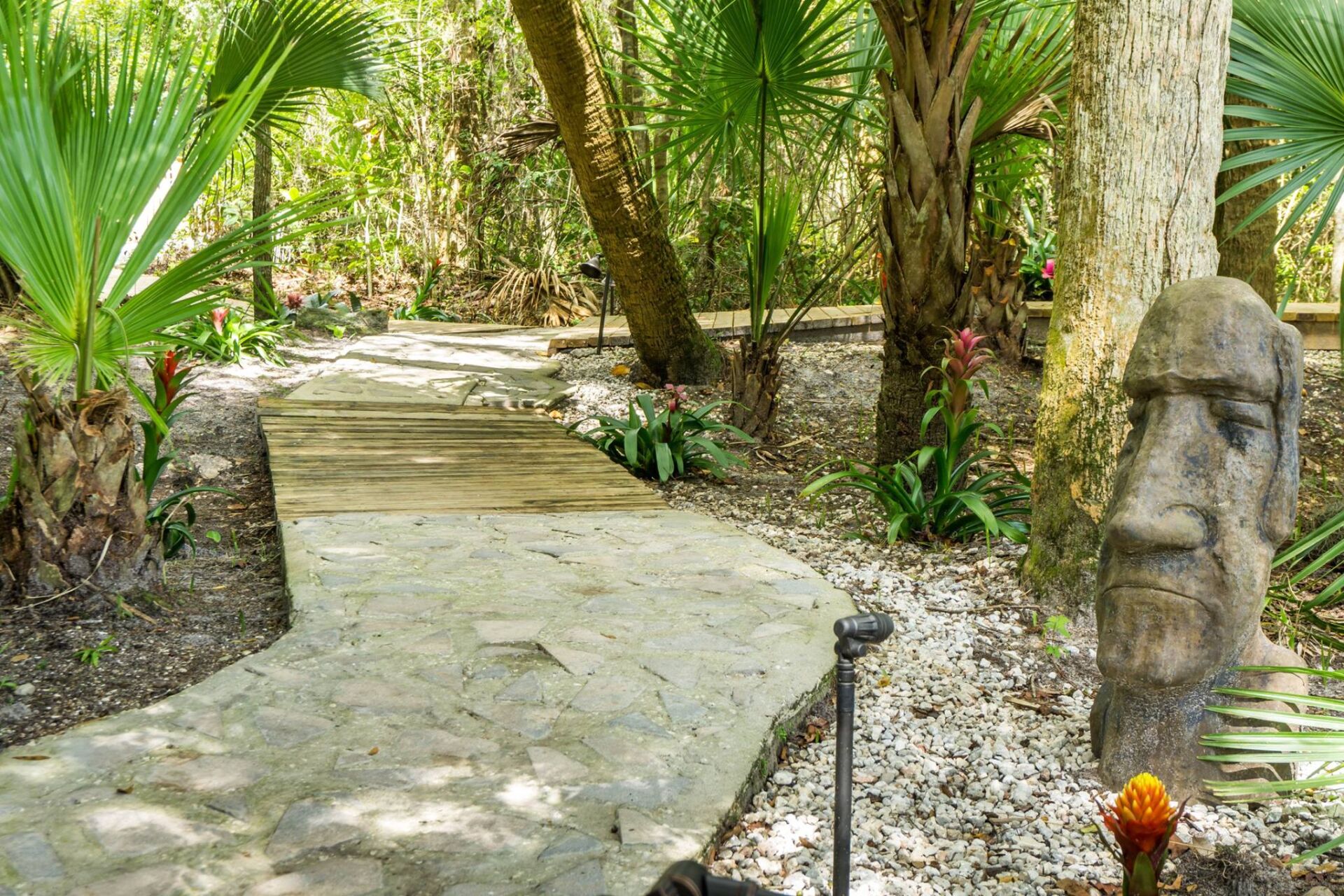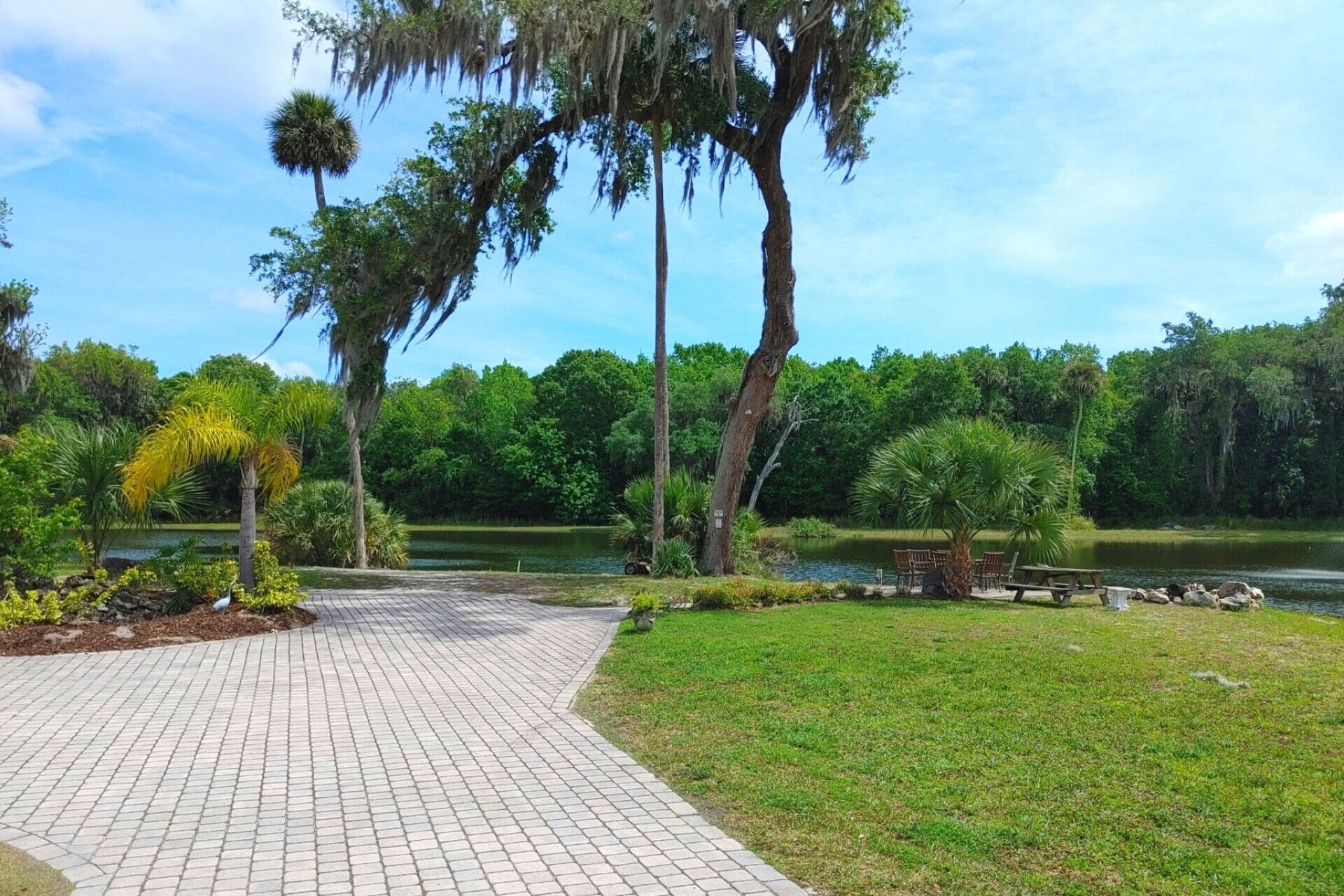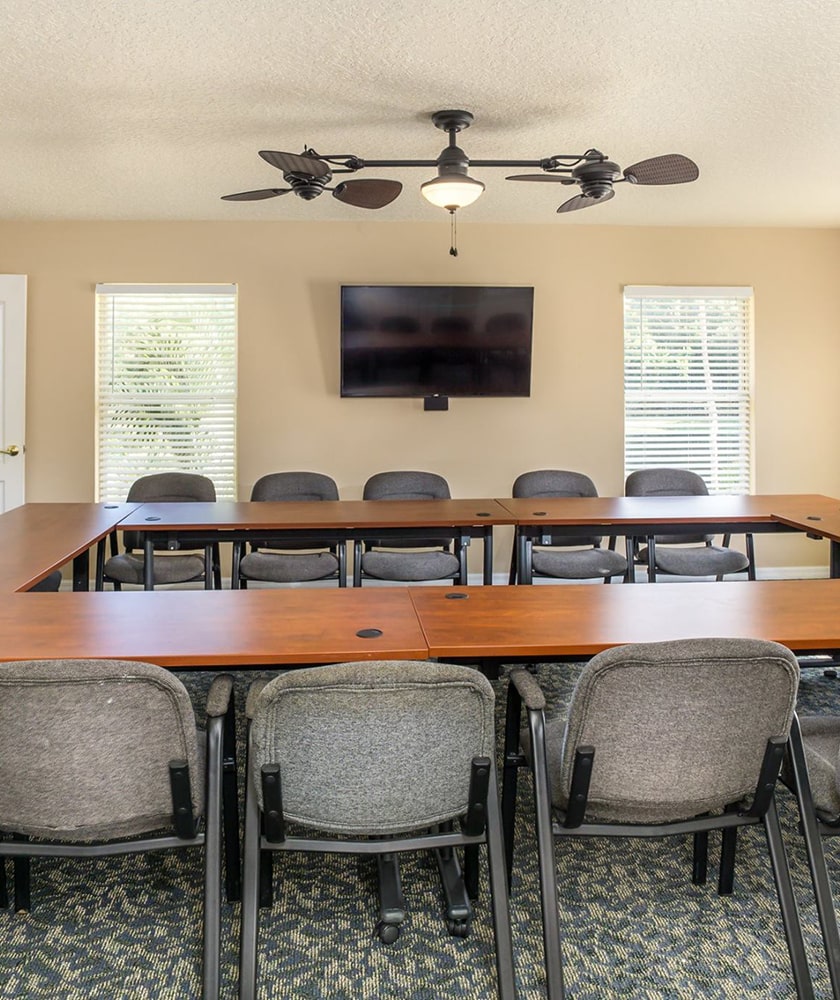While cannabis is no longer an illicit drug in many states, it still has its risks despite its changing legal status. Studies have associated it with declining short-term memory in young people, and marijuana addiction is a serious problem as well. Many heavy users find the drug interfering with their lives and experience withdrawal symptoms upon trying to quit. You may have heard that marijuana isn’t addictive, but the truth is more complex than that.
Understanding Marijuana Addiction
People often cite studies showing that marijuana isn’t harmful or addictive, but these studies display adults consuming marijuana in moderation. According to the National Institute on Drug Abuse, though, as many as one in nine people who use marijuana will develop a substance use disorder. Excessive use can also produce deeply unpleasant short-term psychological symptoms, such as psychosis.
Over time, compulsive, excessive consumption can eventually turn into a marijuana addiction that disrupts someone’s personal and professional life.
Isn’t Marijuana Non-addictive?
Addiction is a complicated word that people use with multiple meanings. When it comes to the most dangerous drugs, addiction refers to the state of physical dependency. Substances such as fentanyl or heroin rewire the brain on a physiological level, and a person’s body will effectively go into revolt without the drug.
However, the other type of addiction is a psychological addiction, where problematic, dependent use patterns make something integral to a person’s life. Something can create a psychological addiction even if it lacks physically addictive qualities, and this type of addiction can be just as destructive.
Even with harder drugs, psychological addiction may come before physical addiction. This is especially true since substance abuse is often a coping mechanism or an attempt to self-medicate for underlying problems.
Physically vs. Psychologically Addictive
While the science isn’t definitive on whether marijuana use is physiologically addictive, it can often produce a psychological addiction. This means people aren’t necessarily drawn to the drug because of opioid-style hijacking of the brain but because it becomes increasingly integral to their lives. If they have a problem, marijuana is the solution.
Eventually, however, their escalating consumption makes their marijuana abuse itself the problem. From here, they’re trapped in a harmful, expensive cycle of problematic drug use that can lead to social isolation and professional failure.
Many marijuana users anecdotally report that the drug helps them with life issues such as anxiety and poor sleep, for instance. Even if this is true, though, it represents a temporary coping mechanism that doesn’t treat the underlying problem. While people tout the medicinal purposes of marijuana, using it without expert guidance is hardly different from misusing alcohol or prescription drugs.
Regardless of the substance in question, substance abuse as self-medication never works in the long run. It allows your core mental and physical health issues to persist untreated while building up drug use as something you can’t live without. Eventually, you feel you can’t stop smoking even if you want to. By that point, it’s clear you’re suffering from cannabis addiction.
Marijuana Withdrawal Symptoms
Long-term marijuana use can see a person to become highly dependent on the drug. This is especially true of those who use it to treat problems like poor sleep, appetite, anxiety, etc. When a heavy user attempts to quit, they can experience diverse marijuana withdrawal symptoms, such as:
- Sense of depression
- Diminishing appetite
- Cold sweats
- Inability to focus
- Intense marijuana cravings
- Mood swings, irritability
- Insomnia
How Marijuana Can Act as a Gateway Drug
Marijuana addiction is deeply problematic in and of itself, but one of the biggest risks is that it can lead to using other drugs. There are various studies that support and contradict the idea that marijuana is a gateway drug, but it’s mostly a matter of interpreting the data.
Someone who smokes marijuana a few times a year may not experience it as a gateway drug, for instance. However, one in nine people who develop problematic patterns of marijuana abuse are at serious risk of pursuing harder drugs. With synthetic cannabis hitting the streets in recent years, transitioning from natural to chemically engineered marijuana is a particularly noteworthy risk.
Delta 8 and Other Marijuana Abuse Risks
While marijuana has its own problems, synthetic cannabis such as Delta 8 is worse. It’s increasingly common and technically not illegal in many jurisdictions as it takes advantage of legal loopholes to avoid regulations.
While many states and counties have taken action to ban Delta 8, people don’t realize how harmful it can really be. Synthetic cannabis relies on treating hemp with harsh chemicals and has caused thousands of poisoning cases in the U.S. in 2021 alone. At least one minor died from using Delta 8 THC, which highlights the dangers that can come from not taking drug consumption seriously. While normal consumption levels of marijuana don’t pose the same risks, the casual attitudes people have about cannabis have contributed to people taking risks with synthetic cannabis.
Marijuana Addiction Treatment Methods at Serenity Springs
Professional help for marijuana use disorder takes many shapes. Here are Serenity Springs, we incorporate a holistic mind, body, and spirit approach in order to understand a person’s substance dependency and treat it from the root, not apply a one-size-fits-all approach.
Reach Out to Serenity Springs Recovery Center in Edgewater, FL
When you’re looking for a partner in your recovery journey to overcome marijuana use disorder, choose Serenity Springs. We’re a modern, uplifting recovery facility that does much more than help people detox. Our team takes a holistic view of addiction and believes our responsibility isn’t just to get people to quit but to help them rebuild their lives to the point that they’re no longer interested in substance abuse. To this end, we provide premium, evidence-based care with multiple care levels at our rehab center.
Premium Treatment Process
At Serenity Springs Recovery Center, we believe we operate the finest marijuana rehab center in the region. Our compassionate, well-trained staff understand the struggle of addiction and treat patients with respect and support.
The facility itself is comfortable and well-designed, which is a key part of the accepting, restorative atmosphere we seek to create. While staying at Serenity Springs, you’ll engage in group therapy as well as one-on-one sessions that will help you understand and overcome your addiction.
Multiple Levels of Care
Addiction isn’t just about drugs but reflects on someone’s relationship with their life in general. While residential treatment can go a long way in breaking someone’s habits, that’s not the entire solution. After all, leaving residential treatment puts someone back in the life situation that drove them to marijuana addiction. At Serenity Springs, we offer a range of care levels to help you transition back into your day-to-day life.
After you finish residential care, you can join our intensive outpatient program. It leaves you with enough time to attend work but enables you to continue going to counseling and attending meetings. With this added support, you can get the help you need to maintain your sobriety heading back into independent life.
If residential care is too large a commitment to fit into your life, you can also try getting clean with the help of intensive outpatient care. While it’s difficult to balance day-to-day commitments with the work of getting clean, outpatient treatment has helped many people who find residential treatment impractical.













